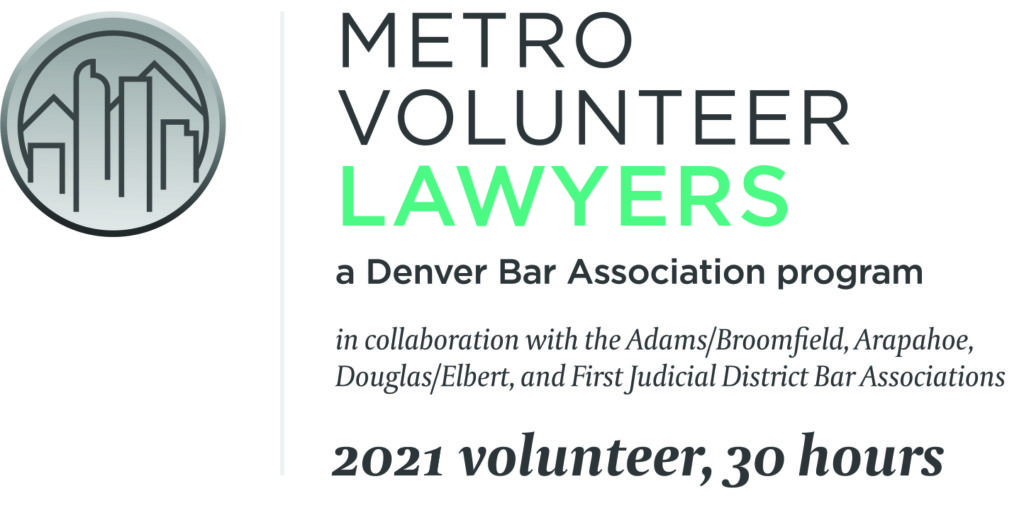
Do you want to take control of your finances, but are not able to wipe out your debt? Are debt collectors pressuring you? Filing for bankruptcy may be your best way out. Bankruptcy is a federal protection that helps people and businesses that can’t pay their debts. For example, if you cannot pay essential obligations such as food and shelter, it may be a powerful tool to help you rebuild your finances. However, many people fear filing for bankruptcy. They have heard stories about what it means to go bankrupt. Consequently, they make decisions based on myths, not the facts about the benefits of bankruptcy. We’re here to debunk those. Here are seven of the most common myths about bankruptcy.
7 Bankruptcy Myths
Myth No. 1
“If I file bankruptcy, everyone will know I failed.” For many people, their personal finances are very private, and they worry about what others may think about them. They fear that they will be exposed as a reckless spender who can’t manage their own finances. They feel alone. However, they are not. According to statistics released by the Administrative Office of the U.S. Courts, the September 2021 annual bankruptcy filings totaled 434,540.
The truth is bankruptcy is a legal financial rescue plan that is available for a reason. Many people are forced into bankruptcy by circumstances beyond their control. The three major causes of bankruptcy are job loss, severe illness, and divorce. So it is not necessarily a question of mismanaged finances. Unexpected life events happen even to smart, honest, hard-working people. Filing for bankruptcy relief demonstrates that you understand your financial issues and intend to address them.
Myth No. 2
“If I file bankruptcy, I’ll lose everything.” If you are seriously in debt, you may be waking up at night with visions of living on the streets with nothing but the clothes on your back. This is a common misconception.
When filing for Chapter 7 or Chapter 13 bankruptcy, you’ll typically be allowed to keep property such as your primary residence, vehicle, household goods and furnishings, cash values of life insurance policies, wages, and retirement accounts. ., Additionally, if you have a mortgage on your home or a loan on your vehicle, these items will be safe so long as you are current on your payment..
Most, if not all, property in a typical case is protected, and debtors lose little or nothing. In fact, in more than 95% of all Chapter 7 bankruptcies, people keep all their belongings.
Myth No. 3
“Bankruptcy will permanently kill my credit.” This is just not true! In reality, for a while after filing bankruptcy, you may have limited access to credit, with higher fees and rates than previously. But that doesn’t last forever. If you use bankruptcy to get a fresh start and pay your bills regularly, you will rebuild your credit.
You can begin rebuilding your credit by opening a new secured credit card after your bankruptcy is completed. Many cards accept those with recent bankruptcies. If you use the card judiciously and pay the bills promptly, your credit score will start to rise. Bankruptcy stays on your credit report for seven to 10 years, but people often achieve good standing credit within two to four years after filing.
One recent study showed that 43% of people with bankruptcy on their credit file have a credit score of 640 or higher within a year of the bankruptcy. Within two years of bankruptcy, 65% have a credit score above 640.
Myth No. 4
“Filing for bankruptcy won’t keep the creditors from pursuing me.” With very limited exceptions, the bankruptcy code provision protects you from creditors, collection agencies, and others who are seeking payments on debts. When someone files for bankruptcy, the automatic stay goes into effect immediately, as provided by Section 362 of the United States Bankruptcy Code. The automatic stay provides immediate relief from creditors’ calls, letters, emails, or lawsuits. It also prevents one creditor from seizing all the debtor’s assets, leaving other creditors with nothing.If creditors knowingly violate the automatic stay by attempting to unlawfully collect money or property from you, they can be liable for damages. The automatic stay provides immediate relief from creditors’ calls, letters, emails, or lawsuits. It also prevents one creditor from seizing all the debtor’s assets, leaving other creditors with nothing.
It is important to understand that while bankruptcy can offer a great deal of debt relief, not all debt can be discharged in bankruptcy. Debts arising from child support, spousal support, student loans, and most taxes are nondischargeable debts that cannot be eliminated by filing for bankruptcy.
Myth No. 5
“Bankruptcy won’t eliminate my tax debt.” Taxes are always a complicated issue and are handled differently under bankruptcy laws. Most taxes cannot be discharged through bankruptcy, but some can. For example, your tax debt can be discharged under Chapter 7 under certain conditions:
- It is income tax.
- The debt is at least three years old.
- You did not evade paying the taxes through the use of fraud.
- You filed a tax return for the debt you hope to discharge at least two years before filing for bankruptcy. However, your tax debt may not be dischargeable if it was filed late, beyond the allowed extensions.
- The IRS must have assessed the tax debt at least 240 days before your filing.
Myth No. 6
“I can only file for bankruptcy once.” You probably hope you only need to file bankruptcy once, and after that, your finances will stay in order. However, challenges may arise in the future, so it is good that you can file for bankruptcy more than once if necessary. The law permits a person to file for Chapter 7 bankruptcy every eight years. A reorganization under Chapter 13 can be filed more frequently. .
Myth No. 7
“Bankruptcy will wreck my relationships with my family.” Although it is true that debt can stress family relationships, filing for bankruptcy can give everyone a chance to catch their breath. It also demonstrates a willingness to face and overcome difficult financial obstacles. Many families stick together and support one another in hard times. Depending on circumstances, one spouse may file alone, or if the debt is shared, both can file together. Either way, facing the problem truthfully and with determination can actually strengthen family relationships.
Bankruptcy is not a barrier to a better financial future. Instead, it is a bridge to a better tomorrow. We at the Aschenberg Law Group are dedicated to helping you find rapid relief from oppressive debt through bankruptcy. Our proven process consists of three steps:
- A free initial consultation with no strings attached
- A deep dive into your financial situation and the best strategy for resolution
- Your bankruptcy filing—and immediate relief
To start the conversation, call or text us today at 720-259-8400





